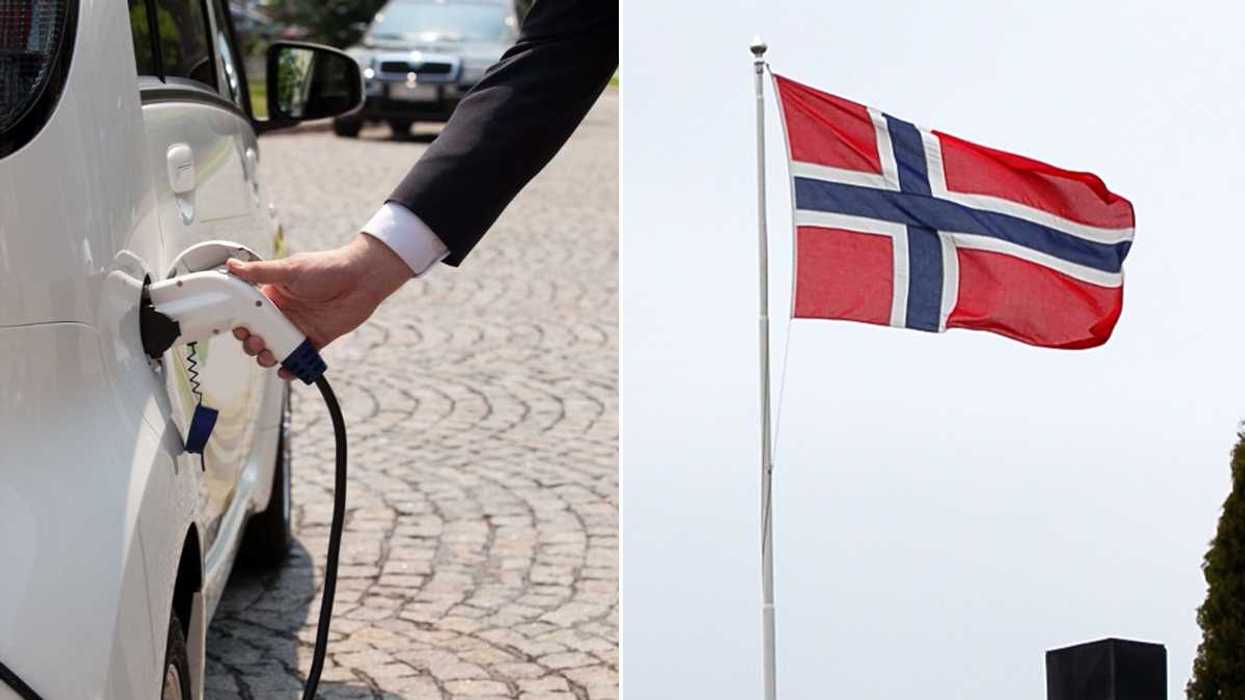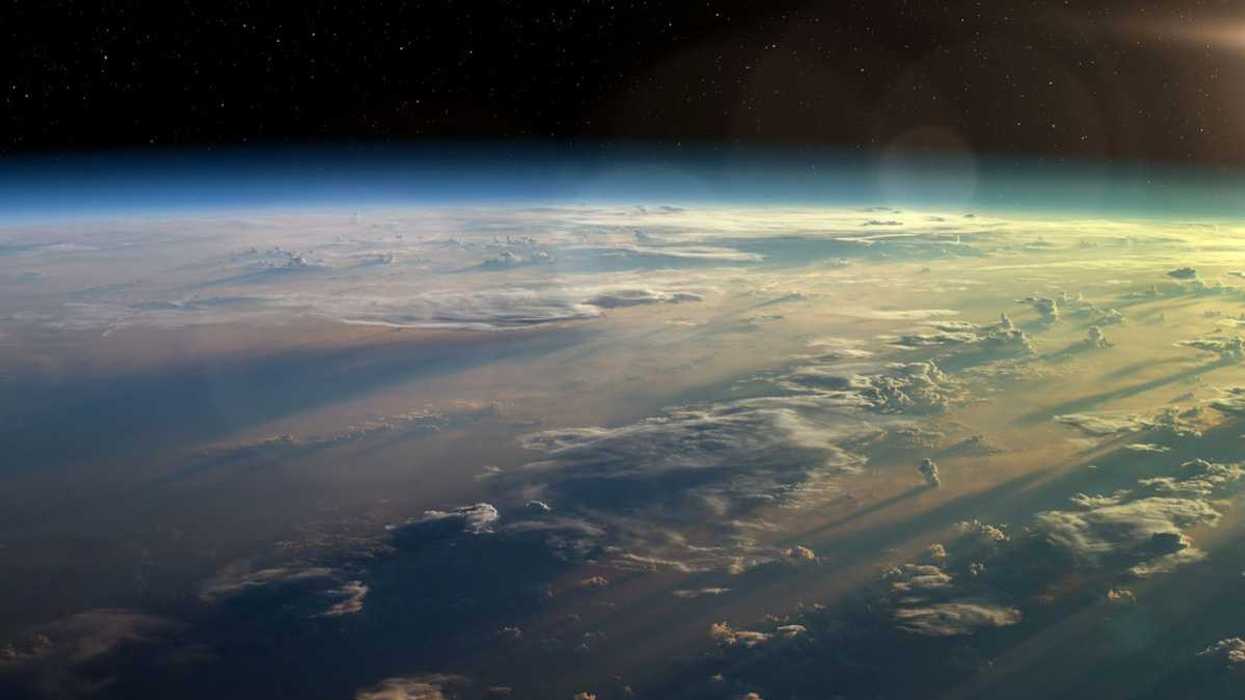It was French philosopher and epicure Jean Anthelme Brillat-Savarin who said in 1826, “Tell me what you eat, and I will tell you what you are.” Not to be taken too literally, Brillat-Savarin simply meant that food has a mind-body influence. This age-old adage didn’t really become integrated into English and American food culture until nutritionist Victor Lindlahr’s catabolic diet demonstrated that certain foods like fish, berries, and greens could burn more calories than they contained, proving the correlation between food and health.
Though such a discovery may inspire many of us to reduce calories at all costs, it is actually vitamin and nutritional content that determines how energy supplied by calories can most efficiently be used. And cultures around the world have been finding delicious ways to pack nutrition into their meals for centuries. If we are indeed what we eat, the culture that led to the creation of our favorite meals says a lot about who we are. So let’s take a look at how people around the world get their vitamins.
















 Leonard Cohen performs in Australia in 2009.Stefan Karpiniec/
Leonard Cohen performs in Australia in 2009.Stefan Karpiniec/  Enjoying a sunset.Photo credit
Enjoying a sunset.Photo credit 



 Amoxicillin is a commonly prescribed broad-spectrum antibiotic.
Amoxicillin is a commonly prescribed broad-spectrum antibiotic.  Chart: The Conversation, CC-BY-ND
Chart: The Conversation, CC-BY-ND
 An envelope filled with cashCanva
An envelope filled with cashCanva Gif of someone saying "Oh, you
Gif of someone saying "Oh, you
 Two penguins play by the waterCanva
Two penguins play by the waterCanva
 A parking lot for charging electric vehicles.Photo credit
A parking lot for charging electric vehicles.Photo credit  Oil production.Photo credit
Oil production.Photo credit  Sun shines over the Earth.Photo credit
Sun shines over the Earth.Photo credit